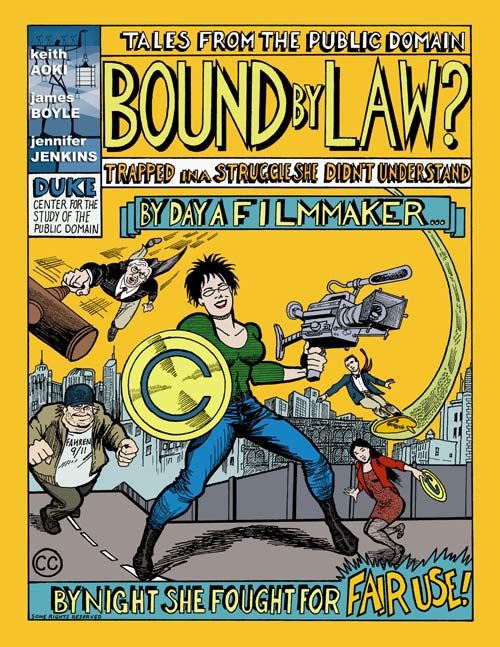If you can handle scatological terms there's an
interesting thread to this discussion started elsewhere. Part of the goals of this class include the effective integration of the words and ideas of others. We need to all follow some practices to maximize communication (meta data rocks) and participate in a larger scholarly discourse community, whilst covering our collective and individual assets.
Citing sources impresses me - don't hide your research. Failing to give credit where it is due, to fail to "give props" in the popular parlance, is at best rude and at worst legally actionable. Give a shout out to the influences on your ideas when you can.
Some faculty have told me it stems from an inability to distinguish fact from opinion. Maybe...I have doubts. The unwillingness to express an opinion is not evidence of a lack of rational thought. It just appears that way in class. I'll also address this topic in an audio rant, I mean "lecture."
No citation is needed for ideas that are common knowledge - unless you use the specific language of someone else. That's lazy and doesn't impress anyone, but not illegal (as long as you place the other's words in quotes and provide citation information). That's one reason English faculty tend to look at
Wikipedia with such disdain. To most writing instructors, using Wikipedia is like peeing in the shower. Maybe everyone does it (present company excluded), but no one talks about it in polite company.
Wikipedia is great for technology and math topics, where facts are relevant and opinion less so. Where knowledge can be debated, socially created references are of dangerous or lesser use
Make an effort to be fair to your sources and to your readers. Works Cited pages give readers an added resource - we can go find the same sources if we're interested. FYI: Links themselves are generally seen as citation in web publications. Material posted in ANGEL has an added safeguard of being behind a firewall.
We will be using Turnitin.com - which is a great resource for protecting ourselves from charges of intellectual misappropriation, regardless of our intentions.
 I always notice cartoons posted on the office doors of faculty, and I enjoy the people who stop at my door and read what I've posted. This image is from the last bit of unclaimed office debris left over from a former adviser of mine. He passed while I was still at KU; he always had my tremendous respect, though I saw some element of our strained relationship in this cartoon. Even so, I'm hard pressed to explain it.
I always notice cartoons posted on the office doors of faculty, and I enjoy the people who stop at my door and read what I've posted. This image is from the last bit of unclaimed office debris left over from a former adviser of mine. He passed while I was still at KU; he always had my tremendous respect, though I saw some element of our strained relationship in this cartoon. Even so, I'm hard pressed to explain it.